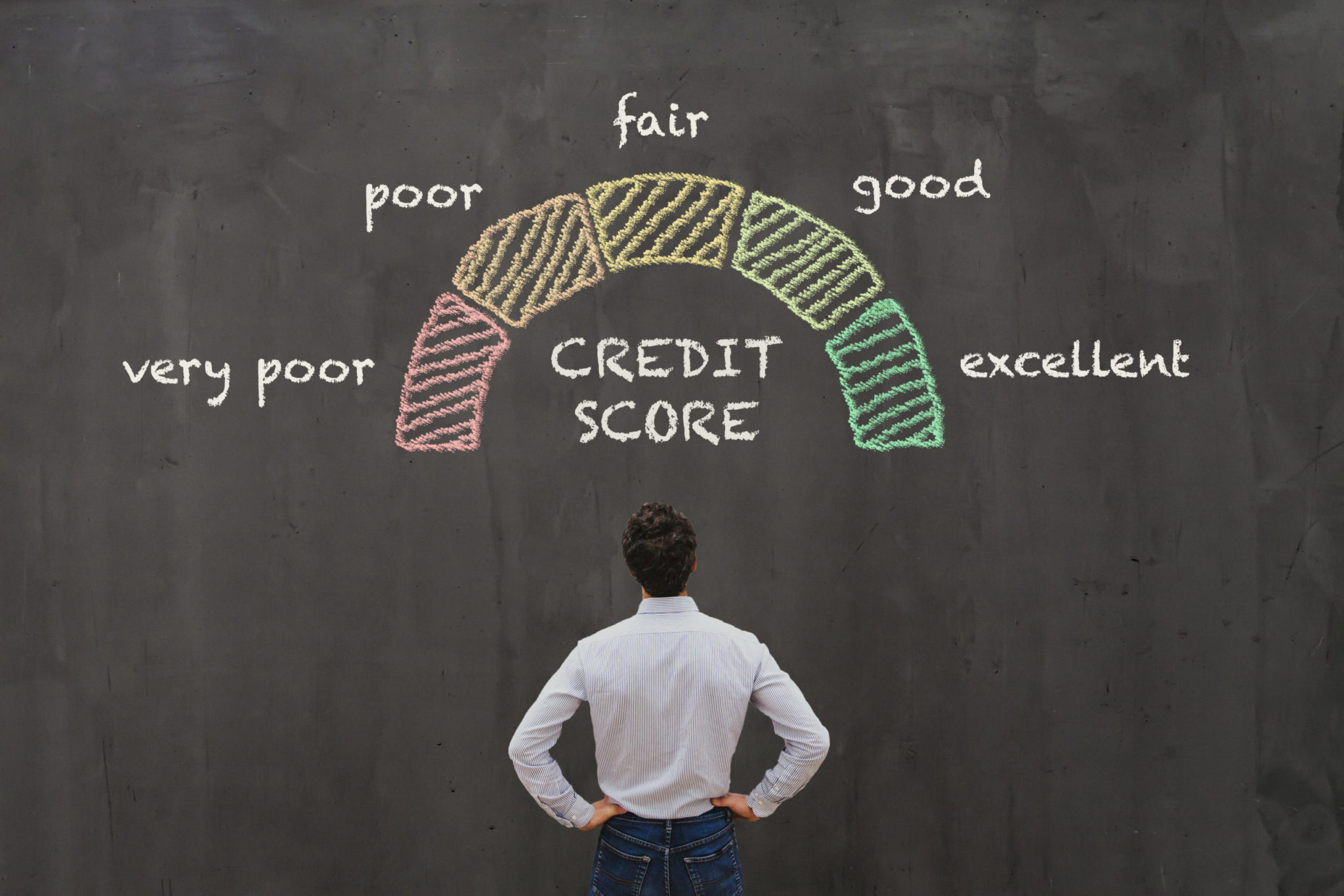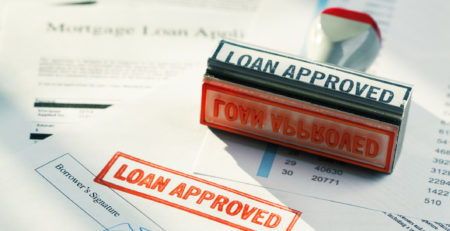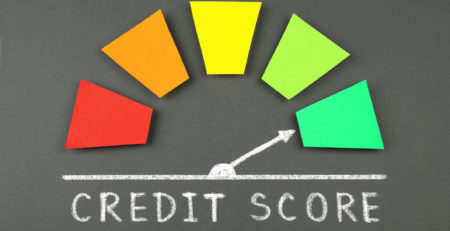How Long Does It Take to Build a Credit Score?
Having a good credit score is important for a wide variety of reasons. For example, without a solid credit score it may be difficult to get approval for a credit card that offers perks like cash-back rewards, or frequent flier miles. You may not be able to secure a loan for a new car. Moreover, it could be virtually impossible to get mortgage approval for your dream house with poor credit.
With that in mind, how long does it usually take to build a credit score from scratch? What can you do to enhance your credit score? The following information will provide the answers to these questions.
How Long Will it Take to Build Your Credit Score from Scratch?
Building a credit score “from the ground up” generally takes at least six months. While you may see results within a month or two when you look at some credit scores (like VantageScore), most lenders examine your score as calculated by the Fair Isaac Corporation (FICO for short). Your FICO score will generate more slowly than other credit scores, which means you’ll have to be patient and consistent as you build up your credit.
How to Build Your Credit Score Over Time
Building your credit may seem like an extremely slow process. However, there are certain steps you can take to enhance your credit score more quickly and effectively. Let’s talk about 5 of them:
1. Get a Credit Card
Obtaining (and properly using) a credit card is one of the most popular and effective ways to build up your credit score. Not only are credit cards the most commonly held form of credit, but they’re also quite useful in everyday life. (For example, try renting a car without one!)
Of course, you may not be able to get the credit card you want when you’re just starting out. However, there are a couple of options you can consider for your “starter credit card:”
- A secured credit card. A secured credit card works like a traditional credit card, with a few exceptions. First of all, you’re required to pay a security deposit upfront to obtain the card. This security deposit functions as collateral against any debt you accrue while using the card. Secondly, secured cards typically come with very low credit limits (perhaps $200 or less). This allows you to purchase everyday items and slowly build up a record of consistent on-time payments — without having to worry about going deep into debt.
- A retail credit card. Retail credit cards are cards associated with a certain brand or department store (think Kohl’s or J.C. Penny’s). Retail cards are usually much easier to get than traditional credit cards, even if your credit score is poor, or non-existent. However, these cards typically have high interest rates and low credit limits, and may only be usable with purchases from the issuing company.
2. Become an Authorized User on Someone Else’s Credit Card
If you’re not able to get your own credit card at the present time, you may be able to sign up as an authorized user on a friend or family member’s credit card. For example, a person with no credit history may be able to start building some credit by joining his or her spouse’s account. Any positive payment history associated with that account can then be added to your credit report.
While becoming an authorized user on another person’s card is helpful, this strategy is certainly limited when it comes to building your own credit. For that reason, it may be best to view this as a temporary measure until you’re able to secure a credit card for yourself.
3. Pay Your Bills on Time
Even if you don’t have a credit card, there are still alternative ways to gradually build up your credit score. The first and most important way to do so is to consistently pay your bills on time — especially if you’re paying on an installment loan. This could be a loan to finance your new car, a student loan, or even a medical debt that has been segmented into monthly payments.
On-time bill payments by themselves won’t cause your credit score to skyrocket (although they can slowly nudge it the right direction). However, you should consider the negative repercussions of not paying on time — namely, whatever credit you do have could plummet dramatically.
4. Take Out a Credit-Builder Loan
Some banking institutions offer “credit-builder loans” that, as the name suggests, are specifically designed for people who have little to no credit history but want to start building their score in earnest.
A credit-builder loan is not like a traditional loan. Instead, the lender will set aside a certain amount of money (anywhere from $300 to $1,000) in a designated savings account. Then, you’ll pay that amount back to the lender within the specified time frame (perhaps six to 12 months). Once your payments are complete, you’ll get all of your money back. In the meantime, the lender reports your payments to the appropriate credit bureaus, which helps you to establish and build credit.
5. Add Alternative Data to Your Credit Report
Finally, you may be able to add alternative data to your credit profile (e.g., your rent, utility, and phone payments). Some credit-building companies, like Experian and eCredable, allow you to connect banking information or utility accounts to your profile. Then, these companies add that information (including your history of on-time payments) to your credit report. Other companies, such as LevelCredit, allow you to do the same thing with your rent. (It should be noted that these programs can only report your alternative data to one or two of the credit bureaus, not all of them.)
In summary, it may take some time for you to build a solid credit score. However, there are several ways you can do so, with or without a traditional credit card. And if a financial emergency comes up while you’re working on your credit, reach out to Koster’s Cash Loans for assistance. We can help you stay on your feet as you build your credit score.











